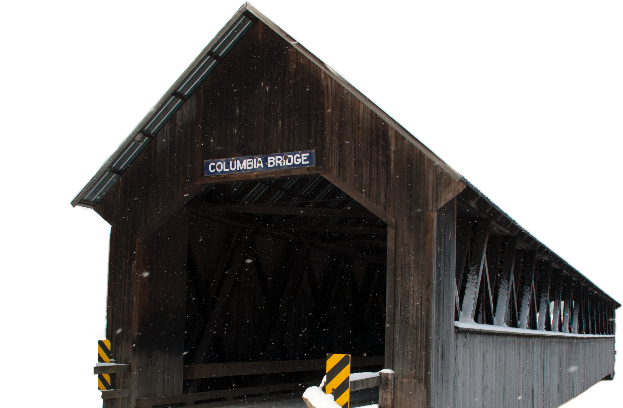Town Assessor: Steve M. Allen
The Town of Columbia contracts with an outside person to conduct its assessing. Mr. Allen is available to meet with taxpayers on the first Wednesday of each month from 10:00 – 3:00 at the Columbia Town Office. To schedule an appointment, please contact Marcia at 603-237-5255 or e-mail at [email protected].
The assessor is responsible for calculating the assessed value of each property in Columbia and ensuring that each is assessed equitably in relation to market value. Once the tax rate is set by the State of New Hampshire, the property taxes are then calculated based on the assessed value of each property. Columbia uses software provided by Avitar Associates of New England.
Refusal to file may be grounds for denial.
April 15 – Last Day to file application for “Current Use” for the upcoming tax year.
CURRENT USE TAXATION (RSA 79-A)
79A-1: Declaration of Public Interest – It is hereby declared to be in the public interest to encourage the preservation of open spaces, thus providinig a beautiful and attractive outdoor environment for work and recreation of the state’s citizens, maintaining the character of the state’s landscape, and conserving the land, water, forest, agricultural and wildlife resources. It is further declared to be in the public interest to prevent the loss of open space due to property taxation at values incompatible with open space usage. Open space land imposes few if any costs on local government and is therefore an economic benefit to its citizens. The means for encouraging preservation of open space authorized by this chapter is the assessment of land value for property taxation on the basis of current use. it is the intent of this chapter to encourage but not to requrie management practices on open space lands under current use assessment.” (Excerpt from New Hampshire Revised Statutes Annotated, 1991, Chapters 41 – 90)
Applications for Current Use, Form A-10 are available at the Town Office.
For information regarding Current Use, contact the Town’s Assessor or refer to New Hampshire Revised Statutes online.
State of New Hampshire Curent Use Criteria Booklet includes Administrative Rules, Current Use Handbook and RSA 79-A.
If you own property that is currently classified under Current Use and you intend to develop, improve, subdivide and sell, or phycially alter the property, the land may be removed from Current Use and you may be subject to the Current Use Change Tax.
Land which has been classified as open space land and assessed at current use value on or after April 1, 1974 shall be subjed to a land use change tax when it is changed to a use which does not qualify for current use assessment. The tax shall be at the rate of 10 percent of the full and true value of the land that is subject to a non-qualifying use as of the actual date of the change in land use.
This tax shall be in addition to the annual real estate tax imposed upon the property and shall be due and payable upon the change in land use.
For more informationi about Land Use Change Tax contact the Town’s Assessor
to write along difficult but it is needful because by itself nothing becomes. lay on a disk and waited so far will remember it. It is possible to understand it but it is not so ordinary.

